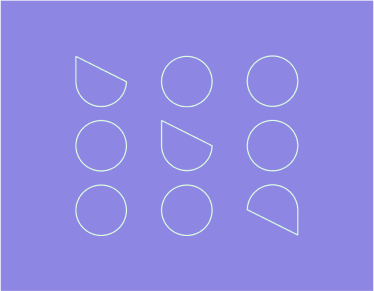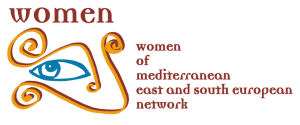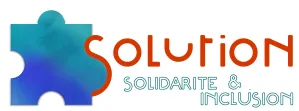This is a platform designed to provide local administrations in Europe with tools to implement actions aimed at achieving gender equality: a database of good practices, a database of public equality laws, a collection of guidelines and a platform for training.
The project is organised in five macro-areas: (1) Violence and exploitation of women, (2) Access to employment, careers and equal pay, (3) Access to medical care and reproductive and sexual health, (4) Recognition and valorisation of care work, (5) Representation in decision-making processes and empowerment of women, and all documents and activities are grouped according to them.
The platform is a result of the Erasmus+ E-Quality Project, project number 2021-1-IT02-KA220-ADU-000033802, funded by the European Union. Views and opinions expressed are however those of the author(s) only and do not necessarily reflect those of the European Union or the European Education and Culture Executive Agency (EACEA). Neither the European Union nor EACEA can be held responsible for them.
Learning Platform

Implemented within local public administrations from European Countries, they could serve as an example and be transferred to other Countries and Municipalities

Selected by E-Quality Project partners and assessed by the Carlos III University of Madrid, they provide local administrations with good examples for inspiration

Designed to provide a practical tool for local administrations to include priority focus on gender issues in the social planning of administered territories

It contains all project materials and will allow the development of research and updating of included tools.
Guidelines
Guidelines for general and transversal actions to be implemented in municipal and institutions
The contents of the guidelines are subdivided into (1) General framework (European regulatory reference context), (2) Tool kit (set of resources, tools, and skills), (3) Guidelines, and (4) Recommendations for Municipalities and Public Bodies.
Project Number 2021-1-IT02-KA220-ADU-000033802
Funded by the European Union. Views and opinions expressed are however those of the author(s) only and do not necessarily reflect those of the European Union or the European Education and Culture Executive Agency (EACEA). Neither the European Union nor EACEA can be held responsible for them.









